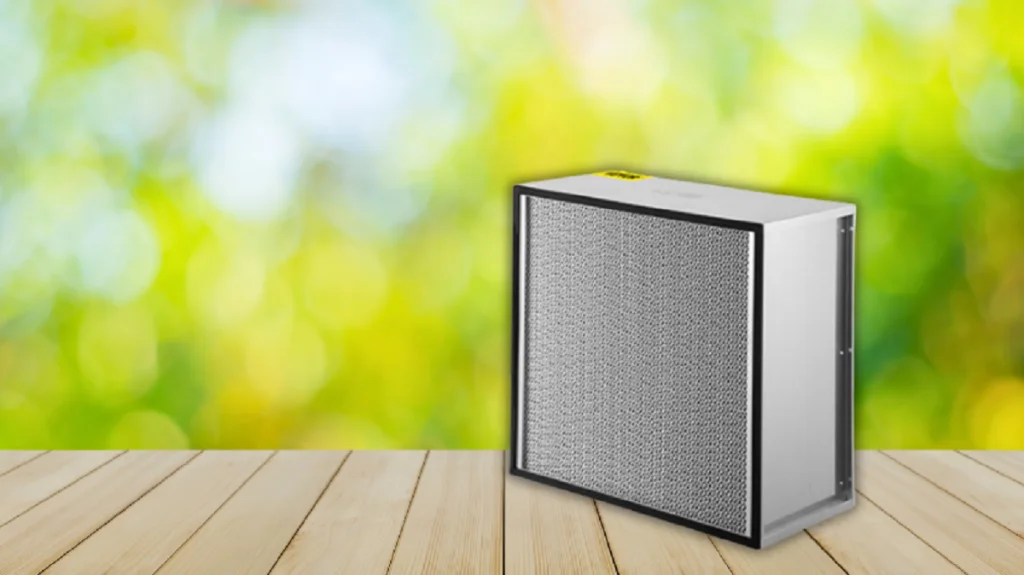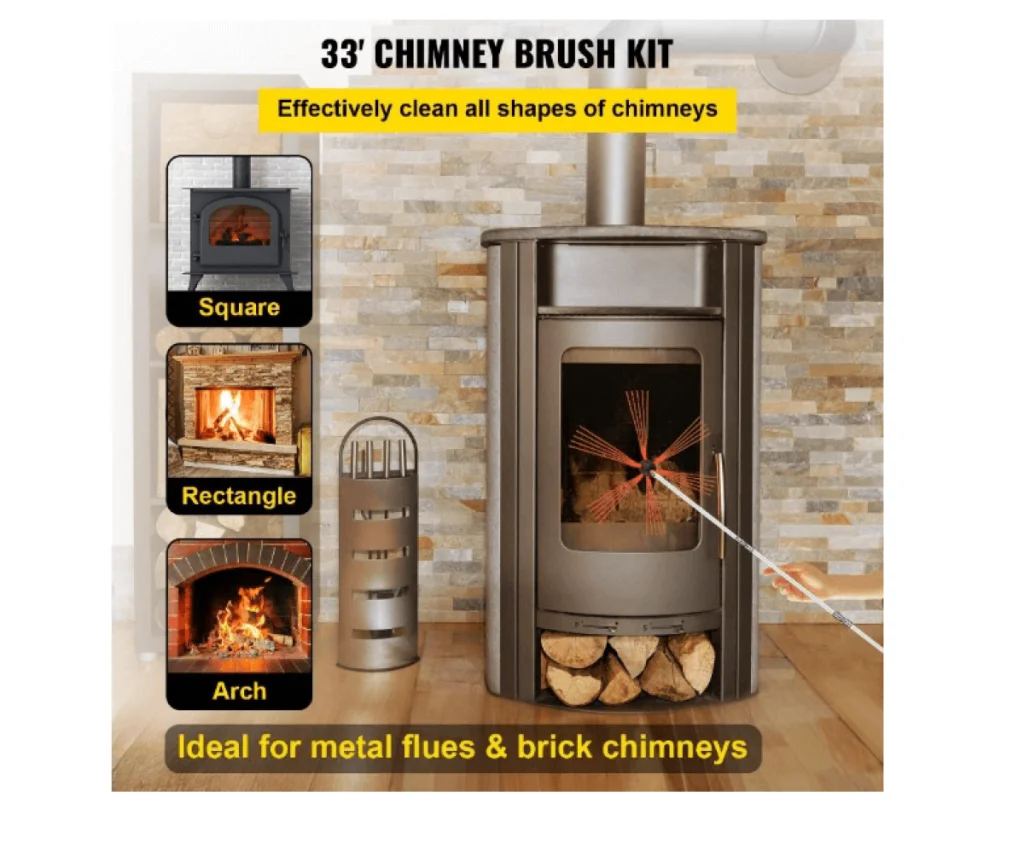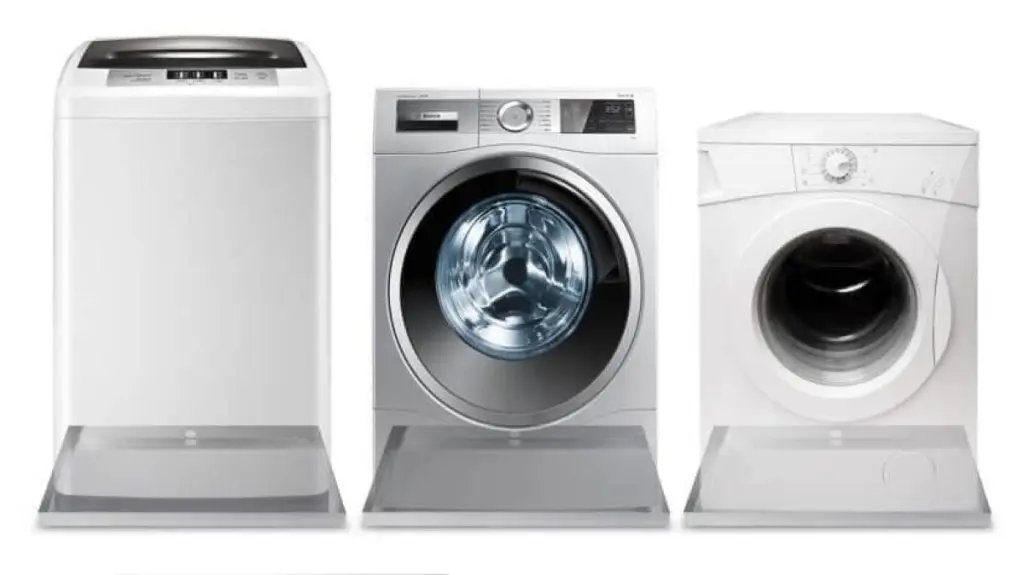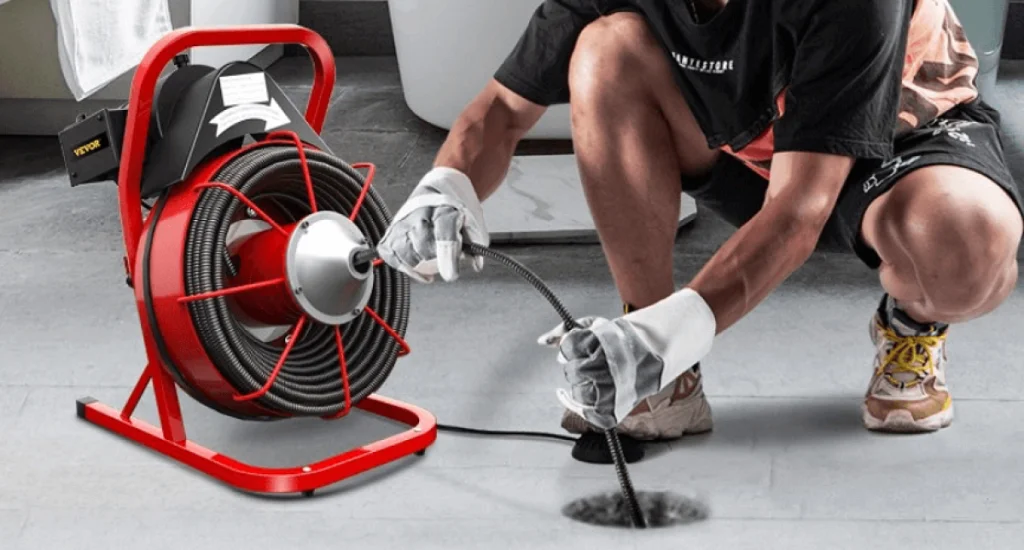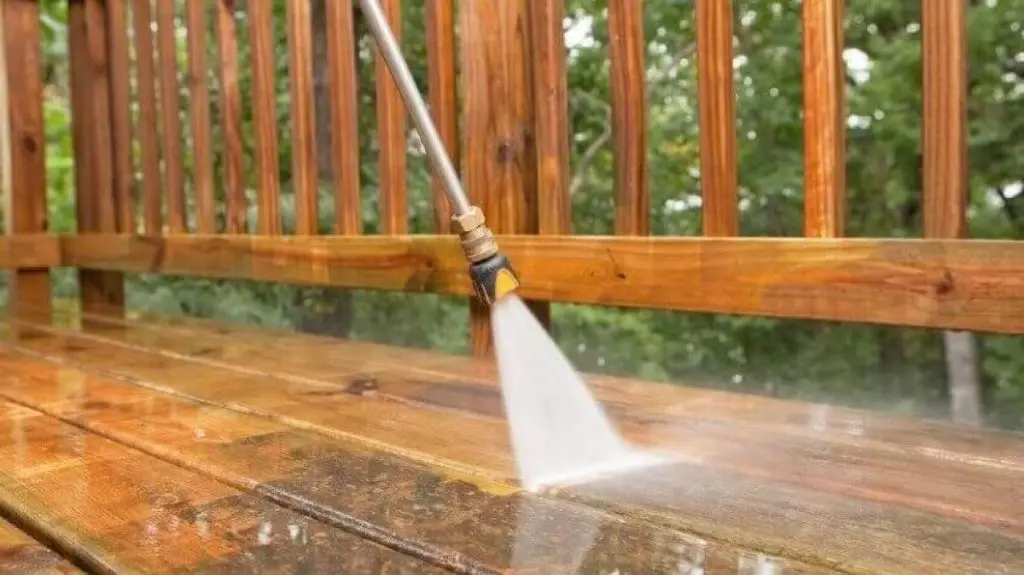How often do you replace HEPA filters? It’s always a difficult question to answer. If this thought ever comes to mind, you’re at the right place. HEPA filters catch the pollutants and debris from the air while killing the bacteria and viruses from the air. The HEPA filter can remove 99.97% of bacteria from the air.
HEPA systems efficiently control infections from healthcare centers and the environment, allowing you to inhale fresh air. In this article, you’ll learn how long a HEPA filter lasts and how often it should be replaced.
Table of contents
Understanding the Lifespan of HEPA Filters
To understand how long HEPA filters last, it’s important to determine many factors for a good understanding of HEPA filters’ lifespan. The factors include:
- Usage of HEPA after-hours
- Using speed
- Indoor & Outdoor Pollution Level
- Vacuuming of pre-filters
Amongst many users, these points vary when considering changing a HEPA filter. Usually, HEPA filters need to be replaced every 6 or 2 years. But it’s impossible to give a specific timeline for HEPA filter replacement. Companies should publish and explain the data for customer assistance, not leave their reliable customers in darkness.
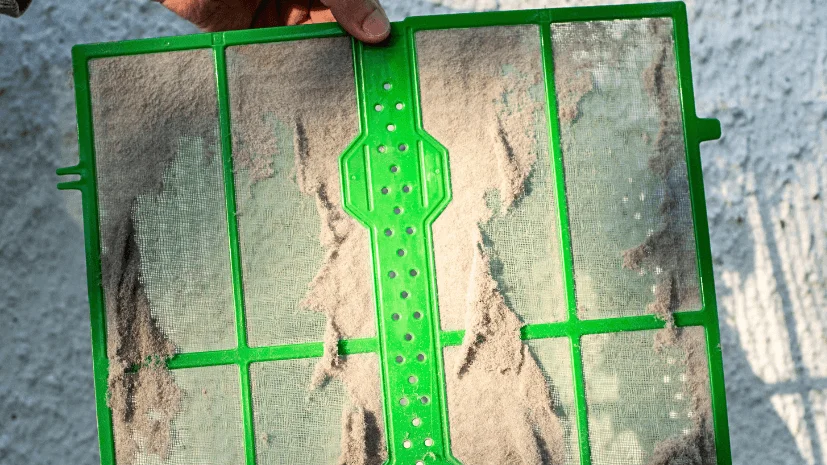
Real-World Factors Affecting Your HEPA Filter’s Life
How often HEPA replace? Many factors influence the HEPA filter lifespan and affect its efficiency and performance. For optimal filter life, an understanding of these factors is essential. As it’s effective for air purification and impact on your HEPA filter’s life:
Contamination Types: Allergens, debris, pollutants, and animal dander influence the efficiency and longevity of HEPA filters. If your filters are dealing with frequently different smallest particles, then there’s a frequent need for replacement.
Particles Load: Airborne particles in the atmosphere directly affect the lifespan of the HEPA filters. Highest-level pollutants, contaminants, and debris can contribute to quicker saturation and filter clogging.
Airflow Rate: The frequency and duration of using HEPA filters and filter airflow rates impact the lifespan. An ongoing and higher airflow rate can result in more significant particle accumulation and reduce the filter’s effectiveness over time.
Conditions Of Environment: Environmental factors are among the most critical factors affecting HEPA filters, including humidity level and temperature variation. There will be microbial growth due to high humidity, whereas in extreme temperatures, the durability of filter materials can be affected.
Design and Compatibility: Compatibility and design can play an essential role in the overall performance of the filter. If the design is not according to the HEPA filter, it’ll lead to an unbalanced airflow and increase the pressure drop, and you’ll face a filter failure.
Manufacturer’s Guidelines: Always follow the manufacturer’s guidelines for replacing the filter. According to these guides, consideration is given to the filter characteristics and usage, offering useful insights into maintaining maximum efficiency.
How to Tell When It’s Time to Change Your Filter
To keep your HEPA filter working, it’s essential to know how long do HEPA filters lasts to maintain air quality and efficiency. Here are some common signs to help you know about changing the filter and you’ll how often to replace the HEPA filter:
Discoloration: Regularly examine the filters, and if you notice any visible dirt or discoloration, it’s an indication of filter replacement, so that’s how you’ll know it’s the end of the filter lifespan and now it needs replacement.
High Energy Bills: Dirty or clogged filters contribute to energy consumption, making the system harder to work through clogged or dirty filters. If you see a spike in your bills, an ineffective filter can contribute to this.
Turn Down Airflow: Airflow reduction is a sign of a clogged filter. If you notice decreased airflow from the HVAC system or cleaner, then it’s time to check and replace your filters.
Foul Odors: A musty or unappealing odour from your air conditioner indicates your damaged filter, which is no longer effective in capturing the contaminants. Replacing the filters can eliminate these unpleasant odours in these cases.
Weather: At the beginning of each season, especially in summer, when the usage of the HVAC systems becomes higher, remember to filter replacement. By now, it shows you that your system is ready to handle the seasonal air quality.
Filter Type: According to the filter types, every filter has a different lifespan. However, HEPA filters have a longer lifespan than HVAC filters. Beware about the lifespan of specific filter types.
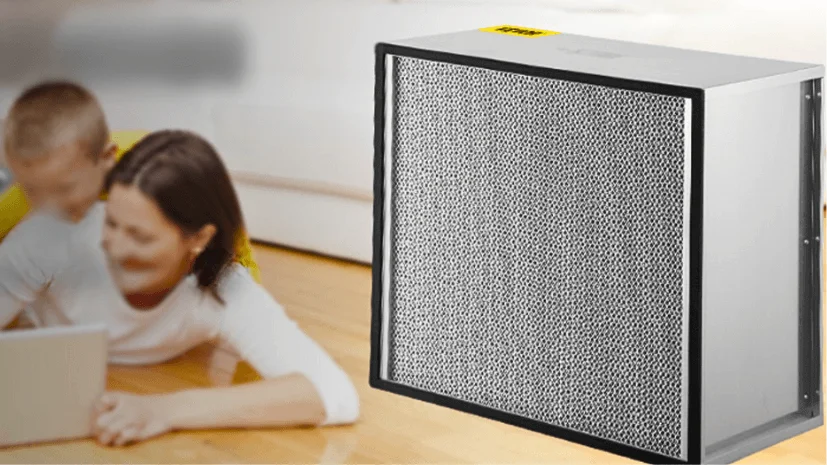
Extending the Life of Your HEPA Filter
How long does a HEPA filter last, and what extends the life of HEPA filters? Extending the life of your HEPA filter involves proactive maintenance and strategies that promote high filter performance. Here are some ways to prolong the life of your HEPA filter:
Regular Examination: Regular examination of the filter allows you to identify the early issues to take and to follow the proper measurements. Regular filter inspection for discolouration, damage, and dirt protects you from further damage.
Usage of Pre-Filters: In your HEPA filter, employ pre-filters. These filters trap large particles that prevent them from clogging the HEPA filter. This will extend the filter’s durability and enhance overall performance.
Monitor Air Quality: Based on your environmental factors, keep an eye on the indoor air quality of the filter and schedule replacement accordingly. If you examine any larger number of allergens and pollutants, consider replacing the filter earlier than the recommended time.
Maintain Cleanliness: Keep your indoor environment as clean as possible and perform regular dusting and cleaning to reduce the load on the filter.
Control Humidity Level: Humidity plays a main role in microbial growth on the filter. So, maintain the humidity level in your space. If required, use dehumidifiers, especially in areas prone to excessive humidity.
Use Reliable Replacement Filters: If possible, always use genuine manufacturer-recommended filter replacements. The system’s efficiency and performance can be compromised when using non-compatible filters.
By following all of these practices, you can extend the life of your HEPA filters. So, it’ll ensure the hepa lasts after hours, capturing airborne particles for quality indoor air. Do regular maintenance to achieve these goals.
VEVOR HEPA Filters: A Cut Above the Rest
With VEVOR HEPA filters, you can breathe in fresh air as they capture 99.97% of particles from the air, including debris, mould, viruses, etc. It comes in standard size. Furthermore, the compact structure box allows the outer frame and filter material to be closely incorporated. VEVOR HEPA Filters have a longer service life and the capacity to hold dirt.
Features:
- Galvanized Frame
- Wide Application
- Well- Constructed
- Purify Air
- Deep-pleat Filter
FAQ’s about HEPA filter
1. How Long Do HEPA Filters Typically Last?
HEPA filters typically last 6-12 months, depending on your environment and air quality.
2. What Are the Signs That Indicate It’s Time to Replace My HEPA Filter?
When you see there’s a spike in energy bills, damaged filters, high allergens, and building of dirt and dust, then there’s a sign that it’s time to replace the HEPA filters.
3. Can the Lifespan of a HEPA Filter Be Extended?
Yes, by adequately maintaining excellent and regular cleaning, you can extend the life of your HEPA filters.
4. How Does Environmental Pollution Affect HEPA Filter Lifespan?
Generally, HEPA filters last 6-12 months, but the highest fan speed makes them more frequently replaceable in a high-pollutant environment and usage.
5. Are There Differences in Lifespan Between Different Brands of HEPA Filters?
Only some of the HEPA filters have the same quality. Some fake manufacturers show they don’t compromise on quality, but the truth is beyond it. It’s important to do a little research while purchasing a HEPA system. HEPA filter is real until and unless it hits the 99.97% threshold.
Conclusion
Now, after learning how often to replace your HEPA filter, you can easily determine the replacement of your HEPA filter. By doing this practice, you’ll also understand how long do HEPA filters last. Ensure you don’t forget maintenance and cleanliness to keep your HEPA filters lasting longer. VEVOR HEPA filters trap 99.97% threshold and debris with the lowest price; it’s among the thousands of manufacturers, and its customers’ priority. Get your durable HEPA filter at your doorstep with the free delivery offer.

